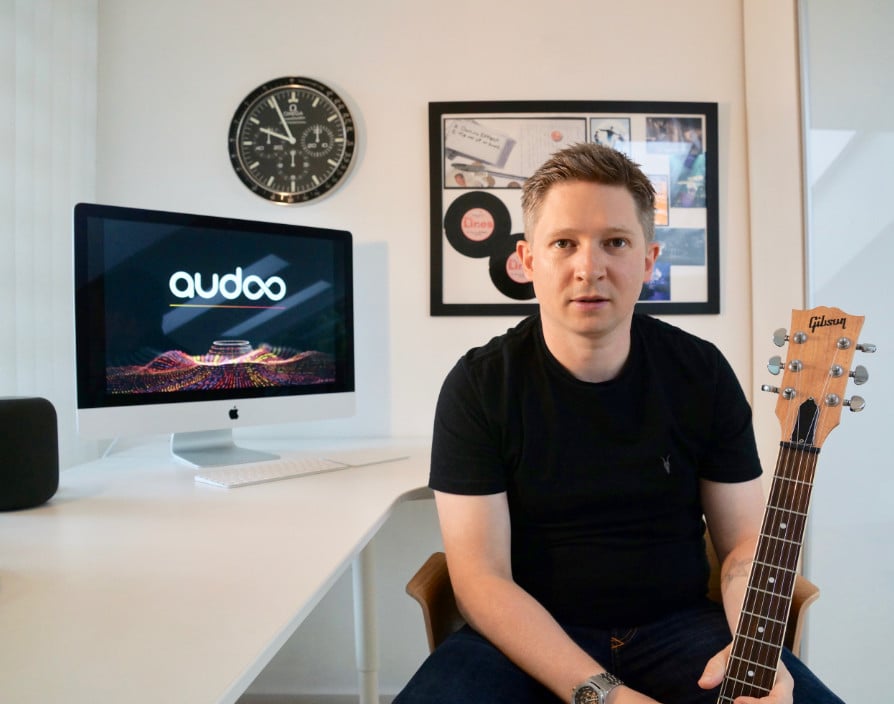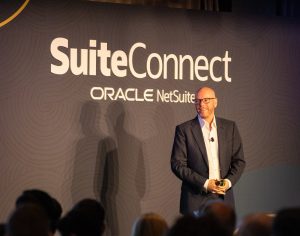The UK music industry has undergone significant change, no thanks in part to innovative technologies that are changing how we consume music on a daily basis. Long gone are the traditional methods of listening to vinyls, tapes and CDs; music streaming has changed the game and contributed to the year-on-year increase for the lucrative music industry. In 2019, the UK
music industry was valued at £5.2 billion and it shows no hint of slowing down.
While technology has revolutionised how consumers listen to music, it has also opened up further gateways for issues such as music piracy, illegal streaming and importantly unpaid royalties. This has impacted music creatives such as songwriters, singers and composers who are missing out on being paid for the content they have produced.
However, these areas are yet to undergo the same innovation due to outdated infrastructures. Ensuring that musicians are paid fairly when their music content is played in commercial spaces is a constant challenge. Yet, it’s an issue that can be solved with the appropriate application of technology, and a willingness by both the music industry and SMEs that operate commercial spaces to work together to improve royalty distribution.
Royalty
issues
Royalty distribution has developed over the last couple of decades in tandem with music production and accessibility. Despite this, it is still an ongoing, global issue that artists face constantly as they seek the financial income that they deserve for their content.
Performance Rights Organisations (PROs) were set up to tackle this issue and attempt to provide artists with the correct financial support by identifying when songs are played in commercial spaces. This would typically be done by manual data collection where possible, but often they would rely on data estimations; PROs would profile licence holders and then compare them to popular radio play.
This tracking method is outdated, contributing to the challenging lack of transparency around royalty distribution and making it even more problematic for artists’ earnings.
The trouble is many SMEs such as bars, hotels, restaurants and cafes do not hold the correct licenses for playing music within their business space, the most common misconception being that simply paying for a personal Spotify licence, for example, is sufficient, which of course it isn’t. It can be challenging to find the right information on licensing and so SMEs can fall beneath the cracks when PROs are searching.
Innovating
music technology
Historically, artists and their labels could track their music success through the physical sale of tapes and CDs. Now music streaming platforms have made it quick and easy for consumers to listen to their favourite artists as well as discover new music. Artists themselves are benefitting from the innovations and are now able to create and publicise their music through the streaming platforms, as well as social media, to attract fans.
However, music streaming means it’s easier than ever for a business to play a song with a simple click of a button via their streaming platform. Royalty distribution has not evolved at the same rate as music distribution and artists are missing out on earning money when their songs are being played in commercial businesses that don’t hold licences. While it can be tricky for SMEs to understand what they can be doing to help out, progress in data collections and analytics software can aid in ensuring songs played in commercial spaces contribute to the royalties artists receive.
Looking
to the future
The last few years have witnessed the commercial harnessing of Big Data and AI within the music industry. Both have the potential to revolutionise how PROs can monitor music being played in public spaces; there is no longer the need for manual tracking when data software can streamline the process to identify, track and share insights with the PROs. AI programs can then be deployed to learn and understand consumer behaviour when it comes to playing music, providing further valuable insight into music trends.
SMEs and their customers will know that they are playing their part in ensuring that artists are compensated for their work and music labels can leverage the data to inform their business strategies and marketing campaigns. Together technology can help SMEs and PROs improve on the outdated manual processes and instead introduce a fair system for music royalties, helping royalty distribution to catch up with other areas in the industry and harnessing technology for good.
Share via:


















































